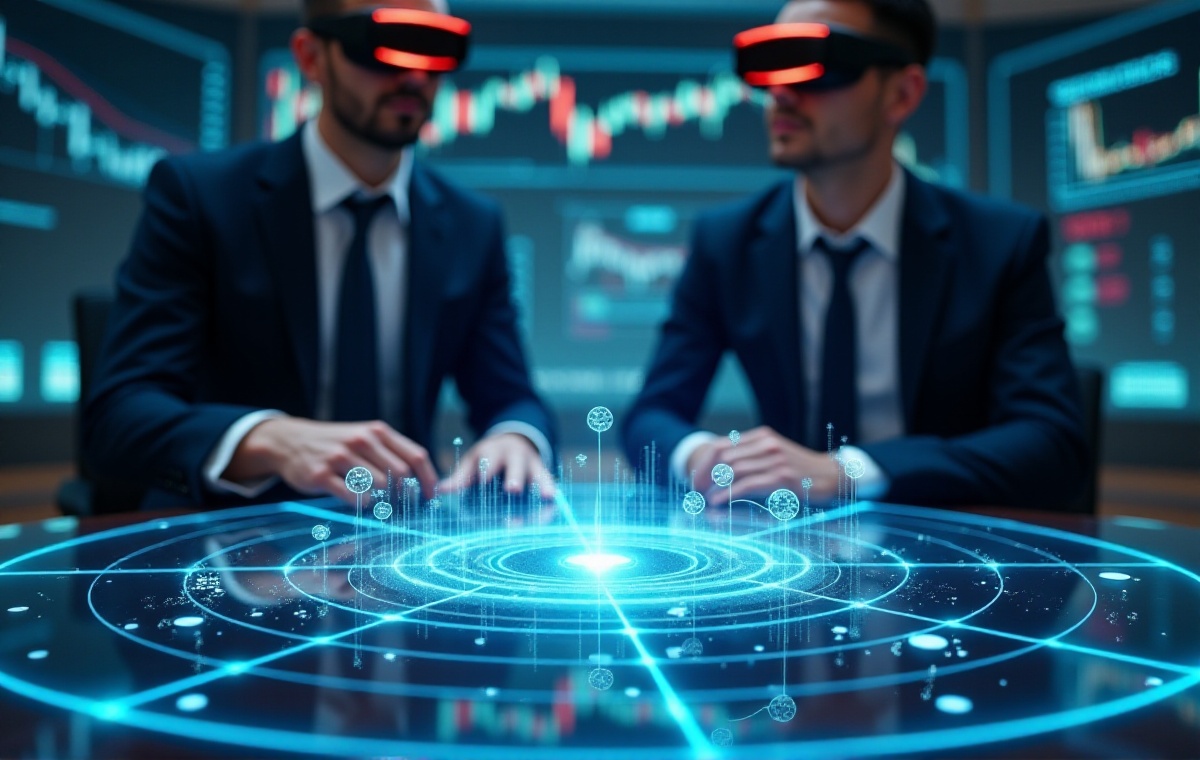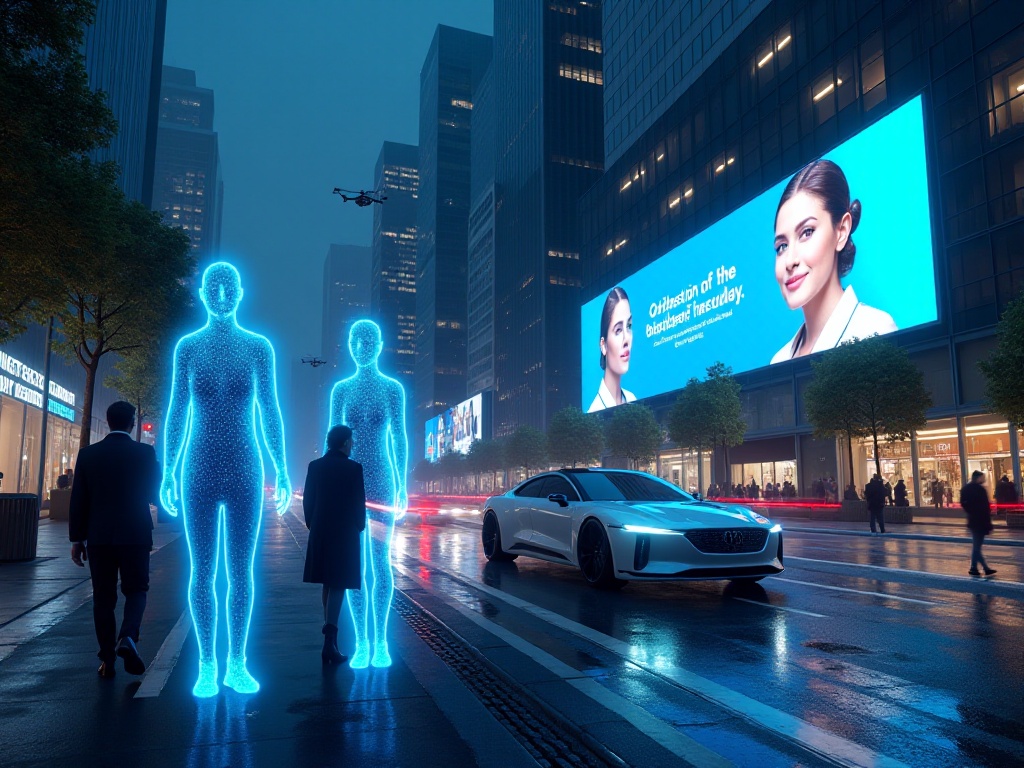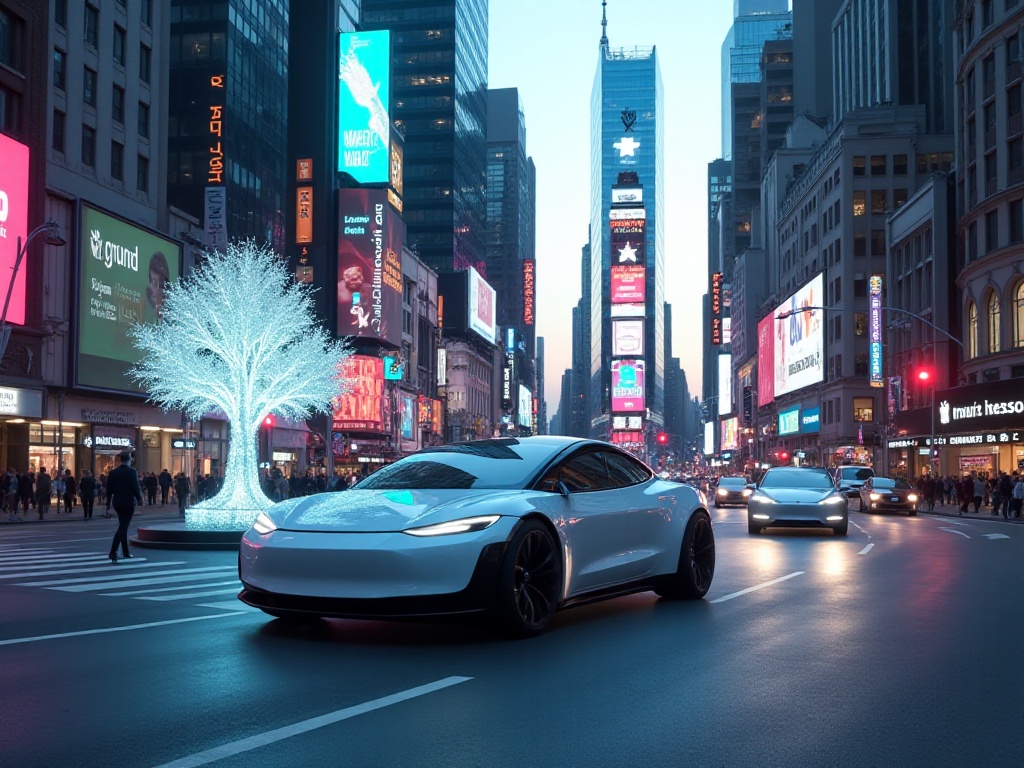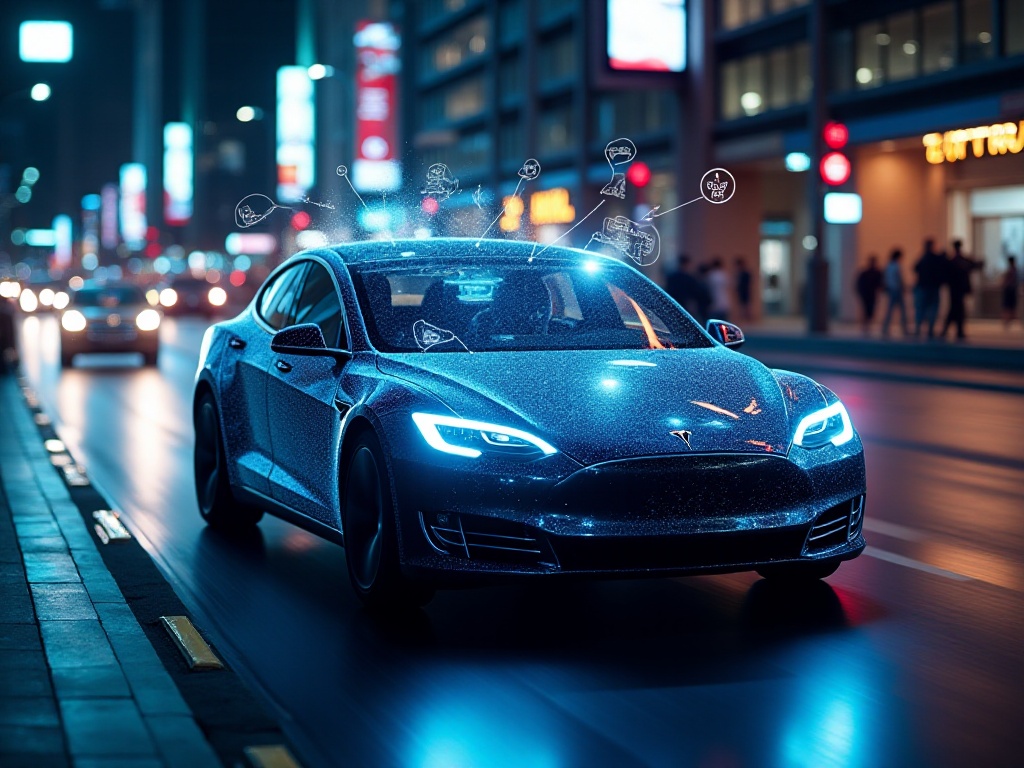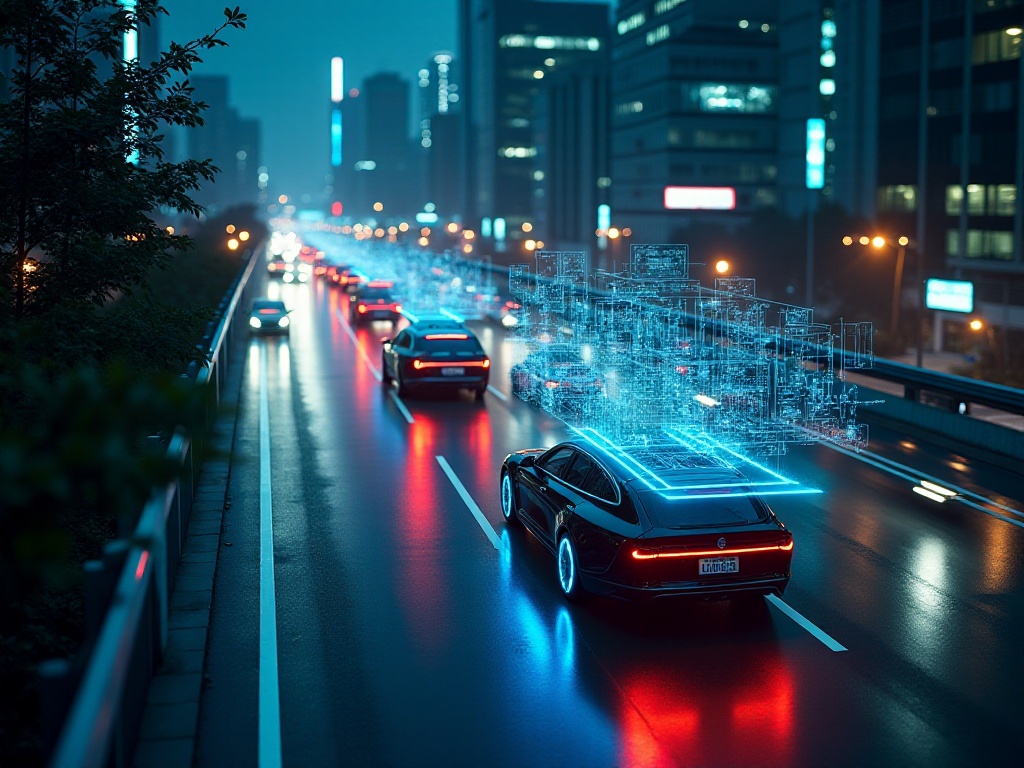Opening Chat
The other day, I was chatting with my best friend Wang at a café when he suddenly asked, "You're always talking about how great AI is, but what can it actually do for us?" This question caught me off guard. Although I work with AI daily, I found it challenging to explain everything in detail.
Thinking carefully, AI has indeed subtly changed our way of life. It's like air - everywhere but often overlooked due to its naturalness. Today, let me share from a young person's perspective how AI is making our lives more interesting and convenient.
Transportation Revolution
Remember how painful it used to be to get a taxi? Especially when in a hurry, desperately waving at passing cabs - so frustrating! Rainy days were worse, with long queues outside subway stations in the cold wind. If only you could get a car immediately.
Now? Just tap your phone while lying on your couch, and AI instantly plans the optimal route, finding you a ride within minutes. Better yet, it calculates real-time traffic conditions to help you avoid congested areas. Once when I was rushing to catch a flight, AI navigation timely warned me about road construction ahead and suggested an alternate route that, though longer, was faster - that really saved me!
Speaking of AI and transportation, Tesla deserves special mention. Its autopilot system is like a "super brain" for cars. Through cameras and radar "electronic eyes," it observes road conditions with 360-degree coverage. The system reacts incredibly fast - when the car ahead suddenly brakes, it responds in a fraction of a second, definitely outperforming human drivers.
A friend of mine got a Tesla two months ago and keeps bragging about how smart his car is. Honestly, it is impressive - it can follow traffic, change lanes automatically, and even park itself. Though drivers still need to be ready to take over, it has made driving much easier.
And it's not just Tesla - many traditional automakers are developing self-driving technology. Volkswagen, General Motors, and other established manufacturers are all incorporating AI into their vehicles, making competition fierce. In a few years, we might really be able to browse our phones or watch videos while letting AI drive for us.
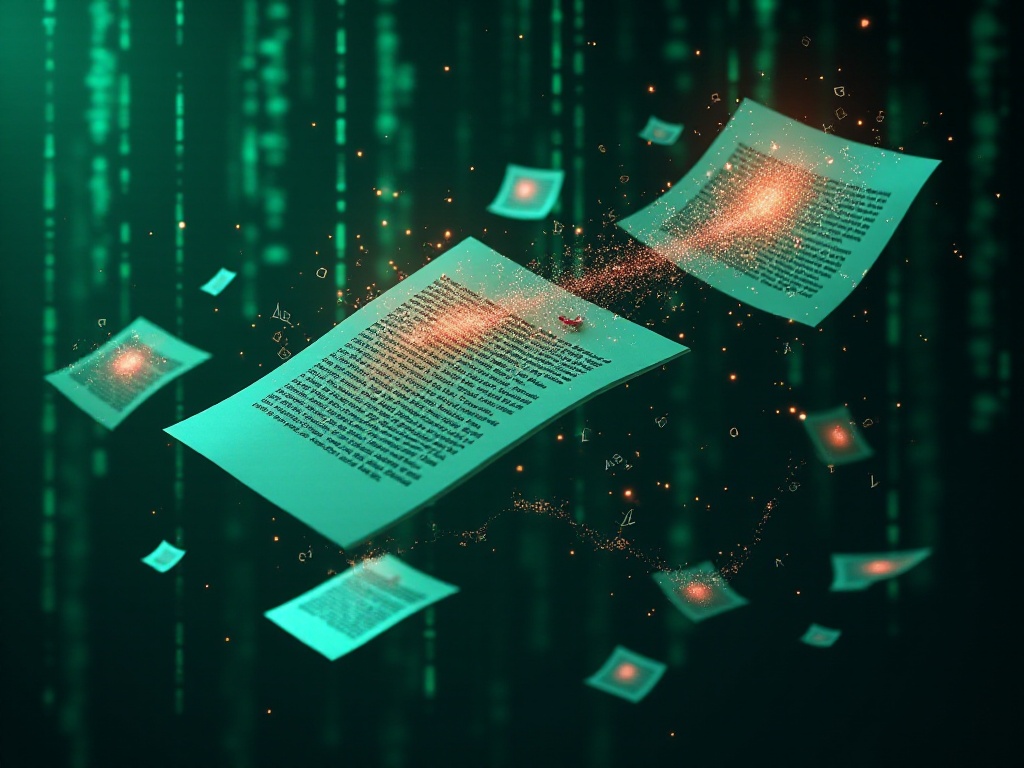
Personal Assistant
Last Singles' Day, I impulsively bought a smart speaker. Initially thought it was just a music player for fun. But it became more addictive with use, now serving as my home's "general manager."
It wakes me up precisely at 7 AM every day (though I often snooze), tells me the weather and what to wear, and reminds me of my schedule. When cooking and wanting music, I just say "play my playlist" - no more worrying about dirtying my phone. At bedtime, it automatically dims the lights and plays soft music to help me sleep.
Recently it learned new skills to control smart home devices. I can control the living room TV and air conditioning from bed - perfect for lazy people! Sometimes this speaker feels like a thoughtful roommate; though it's a robot, it really makes life convenient.
Let's talk about those love-hate personalized recommendations. Now when you open Taobao, the homepage recommendations seem specially curated for you. TikTok becomes addictive because it knows exactly what you like to watch. Netflix is especially skilled at recommendations, with accuracy reportedly above 80%.
However, this "understanding" can be scary sometimes. Once I just mentioned wanting a new phone on social media, and the next day all shopping platforms were bombarding me with phone ads. Is AI being too intrusive? Still, it undeniably saves us lots of search time.
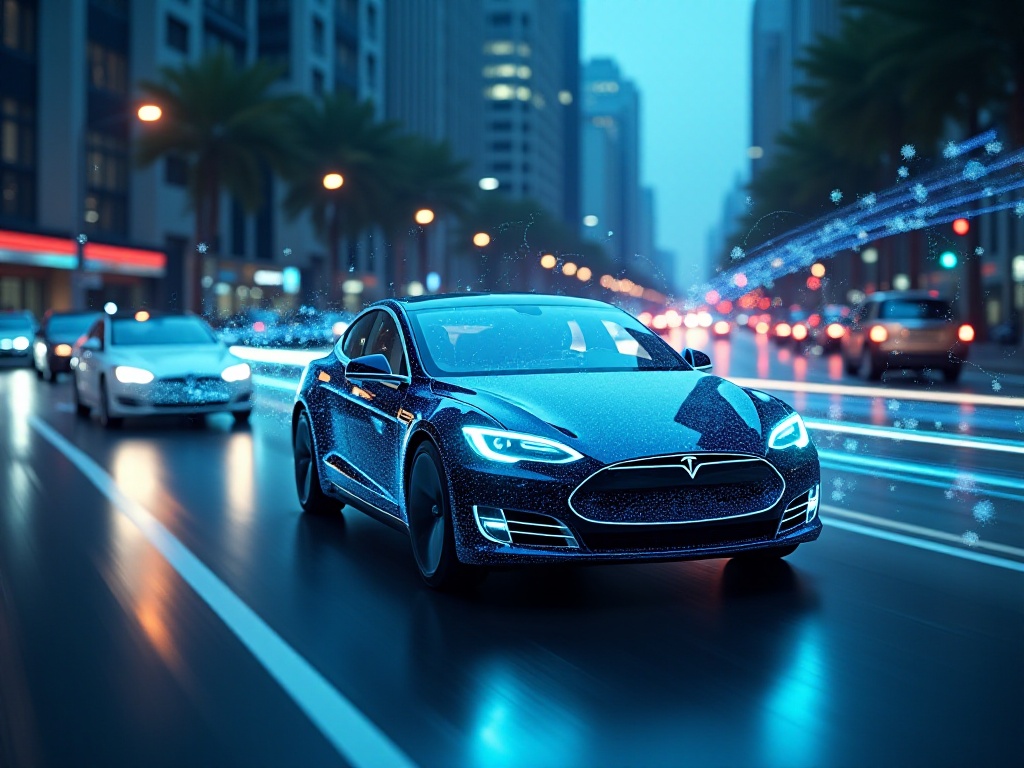
Medical Breakthroughs
In healthcare, AI is like having cheat codes. Microsoft's InnerEye project is like giving doctors X-ray vision. It can analyze various medical images in seconds to identify potential issues. Both its speed and accuracy surpass human doctors, and it never makes mistakes due to fatigue.
My cousin, a radiologist, told me that using AI assistance has greatly improved her work efficiency. Previously, examining images was extremely straining on the eyes, leaving her nearly blind after a day's work. Now with AI helping to screen, she can focus more energy on analyzing complex cases. Plus, AI marks suspicious areas, greatly reducing the risk of missed diagnoses.
There are also AI medical assistants available 24/7 to answer patient questions. While they can't completely replace doctors, they're helpful for consulting about common symptoms. For instance, if you have sudden stomach pain at night, you can ask AI first to determine if immediate medical attention is needed.
Recently, I heard about research teams using AI to develop new drugs. By analyzing vast amounts of medical data, AI can help scientists find potential drug molecules faster. If successful, this could greatly accelerate new drug development and increase hope for treating various difficult diseases.
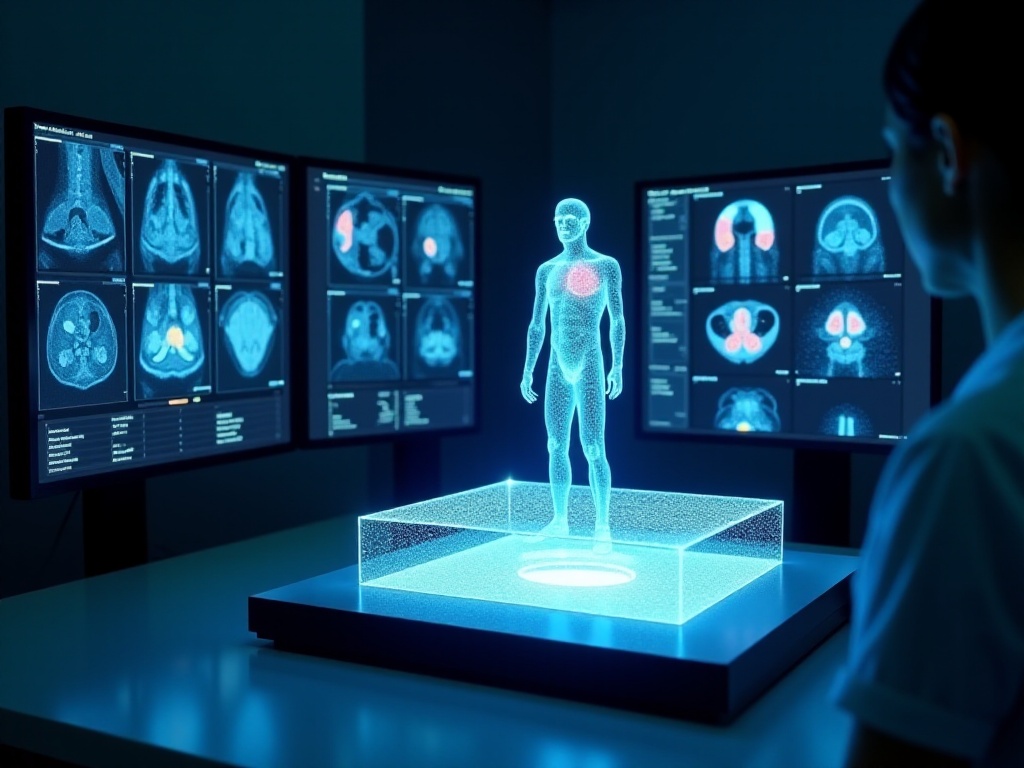
Educational Innovation
As a recent graduate, I'm particularly interested in AI applications in education. Learning tools are becoming increasingly intelligent. Platforms like Course Hero not only help answer questions but also create personalized review plans based on your learning progress.
I often used AI learning assistants in college. Unlike traditional question banks, they could understand your questions and provide detailed solution processes. When encountering unfamiliar concepts, they would explain using analogies, making things instantly clear.
The most amazing is Jill Watson, an AI teaching assistant. It served as a TA for a semester at Georgia Tech, and students never realized it wasn't human. It could answer academic questions, grade assignments, and always maintain patience. Imagine if every student had such a 24/7 private tutor - learning outcomes would definitely improve.
AI can also recommend suitable study materials based on each student's characteristics. Some students learn better through videos, others prefer text materials, and AI can push different content formats accordingly. This kind of personalized education is difficult to achieve in traditional classrooms.
Besides assisting learning, AI can help reduce teachers' workload. Grading assignments, organizing teaching materials, creating presentations - these repetitive tasks can be handled by AI. This allows teachers to focus more on student interaction and improve teaching quality.
I believe education will become increasingly intelligent in the future. Perhaps every student will have their own AI learning assistant, providing the most suitable learning suggestions based on their progress and interests. Of course, this doesn't mean replacing teachers, but rather letting technology better serve education.
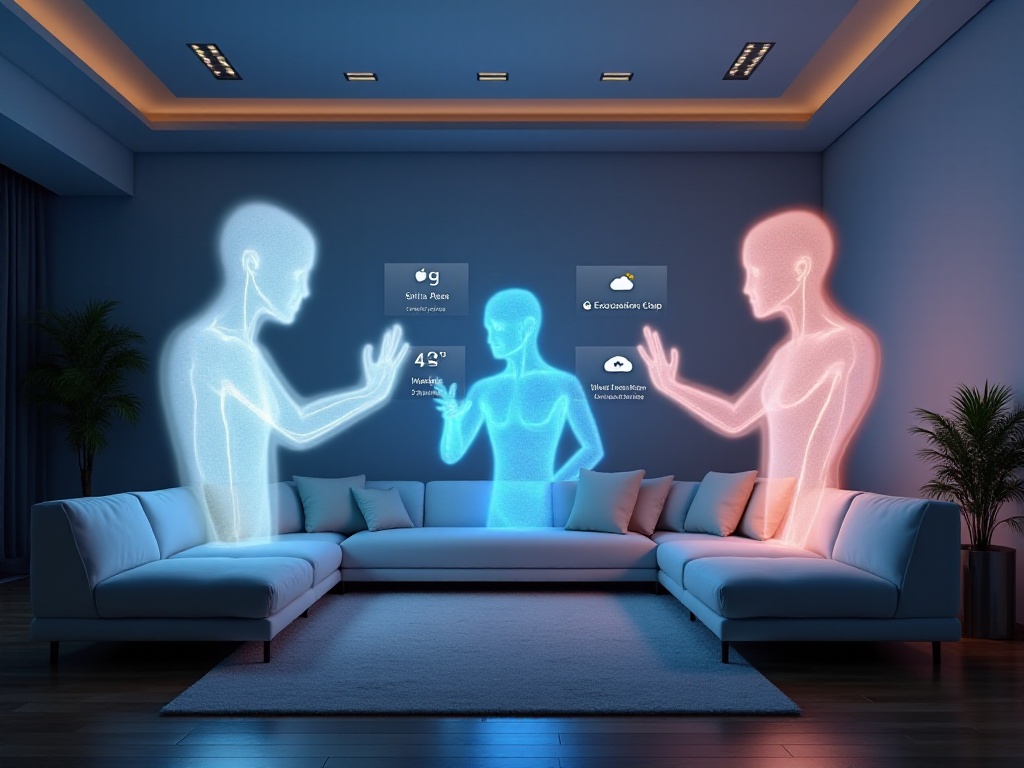
Concluding Thoughts
After all this discussion, do you sense how deeply AI has integrated into our lives? It's like an invisible assistant, quietly helping us in various aspects. But I always believe AI is just a tool - what matters is how we use it to improve our lives.
Speaking for myself, AI has certainly made many things easier. Getting rides is more convenient, shopping is more precise, and learning is more efficient. But I also wonder if we should maintain independent thinking abilities while enjoying AI's conveniences. After all, no matter how smart tools become, we shouldn't completely rely on them.
Future AI will certainly become more powerful, potentially bringing more amazing applications. But regardless of technological development, the most important thing is ensuring it serves humanity and helps create a better life.
What other aspects of life do you think AI could change? Or do you have any unique thoughts about AI applications? Welcome to share your views in the comments section - let's explore the infinite possibilities of AI together.



